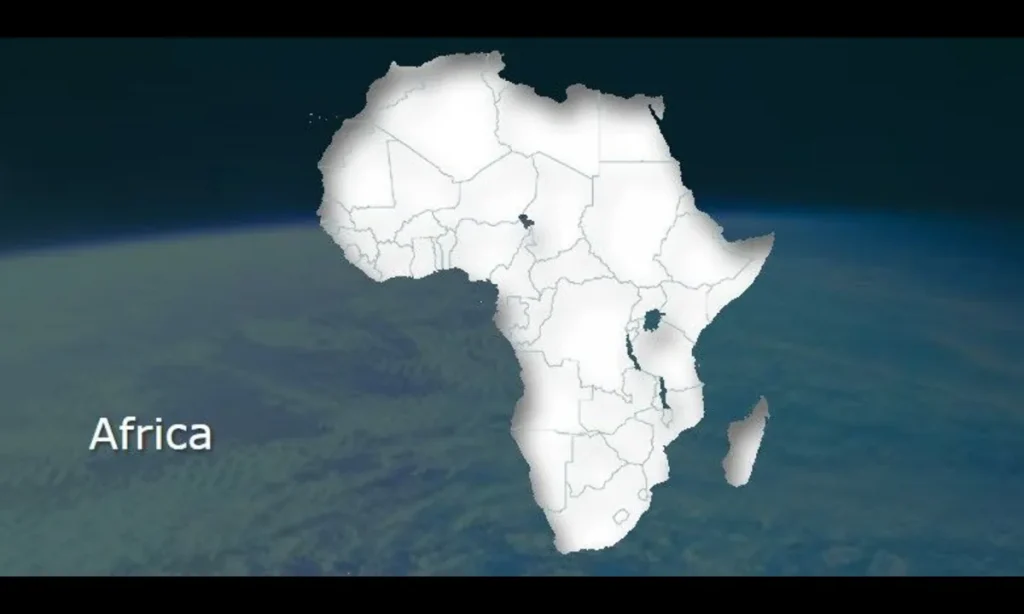- AFRINIC faces a constitutional crisis after government overreach in Mauritius.
- The August 29 election is tainted by annulled votes, and political interference.
AFRINIC’s August election is undermined by interference
AFRINIC, Africa’s Regional Internet Registry (RIR), is preparing to hold elections on August 29, 2025. Yet this vote, far from restoring stability, is itself deeply tainted. Excessive interference – from annulled ballots to government overreach – has left AFRINIC’s governance paralysed and the legality of its elections in doubt.
The crisis has been building for months. AFRINIC held a long-delayed board election in June 2025, intended to end a leadership vacuum. However, the process collapsed when the results were annulled over a disputed proxy vote. Hundreds of valid ballots were invalidated in the process, raising grave concerns about the organisation’s ability to conduct fair and transparent elections.
Instead of resolving AFRINIC’s governance vacuum, the annulment triggered a deeper breakdown in trust.
Read more: ICANN or ICan’t? CEO Lindqvist chooses dictatorship over democracy in AFRINIC Read more: Can ICANN intervene without legal standing? Parsing the court’s criticism
Commercial dispute escalates into governance collapse
At the centre of the storm lies AFRINIC’s long-running conflict with Cloud Innovation Ltd (CI), one of its largest members. Originally a dispute over IP address allocations, the matter spiralled into years of litigation, petitions in the Supreme Court of Mauritius, and repeated interventions by court-appointed officials.
Under official receiver Gowtamsingh Dabee, key proceedings were delayed or postponed. CI has filed petitions challenging these failures, arguing that members are being denied due process. What began as a commercial disagreement has therefore metastasised into a governance collapse.
Also read: AFRINIC’s independence: Why rule of law must prevail over political interference Also Read: How AFRINIC’s board elections became a political battlefield
Mauritius government steps in
In July 2025, the Mauritian government escalated matters further. Invoking Section 230 of the Companies Act, it declared AFRINIC a “declared company” – a designation that imposed extraordinary state powers over the registry. This step had sweeping consequences:
- It suspended all ongoing court cases involving AFRINIC.
- It prevented new cases from being filed.
- It triggered a government-led investigation, with a state-appointed inspector to examine AFRINIC’s affairs.
For an institution that was designed to be independent and community-led, such state intervention marks a dramatic departure from its founding principles.
A constitutional dispute over separation of powers
The intervention did not stop there. Mauritian President appointed Supreme Court judge Oh San Bellepeau as inspector, citing powers under Article 77(3) of the Constitution.
This appointment was immediately criticised as unconstitutional. Judges can only be appointed or removed on the recommendation of the Judicial and Legal Service Commission, not by unilateral presidential decree. By hand-picking a sitting judge to investigate AFRINIC, the president blurred the constitutional separation between executive and judiciary. Justice later withdrew from the role altogether.
The episode left AFRINIC suspended between a commercial dispute, governance collapse, and a constitutional standoff.
Why the August 29 election is illegal
Against this backdrop, AFRINIC’s decision to press ahead with elections on August is unsustainable. Two factors make the process unlawful and illegitimate:
- Annulled June ballots – AFRINIC has already invalidated hundreds of legitimate votes from June, raising questions about electoral integrity.
- Constitutional overreach – The unconstitutional appointment of a judge as inspector has tainted Afrinic’s governance with political interference.
In short, Afrinic cannot conduct a fair election while the legal and constitutional framework in Mauritius remains in disarray.
What should be done
The way forward requires restraint and respect for law. AFRINIC must suspend its August election. Rushing into a vote now only deepens illegitimacy.
Finally, Mauritius itself must ensure that its constitutional norms are respected. Undue interference by the executive in judicial matters not only undermines AFRINIC but also damages the credibility of the country’s institutions.
AFRINIC’s August election is not a path to stability but a symptom of deeper failure. Annulled ballots, suspended cases, and unconstitutional state interference have combined to render the process illegal. What began as a commercial dispute with Cloud Innovation has escalated into a governance and constitutional crisis, leaving Afrinic’s future uncertain.
The solution lies not in rushed elections but in restoring rule of law, respecting judicial independence, and applying globally recognised frameworks to safeguard Africa’s internet governance.

